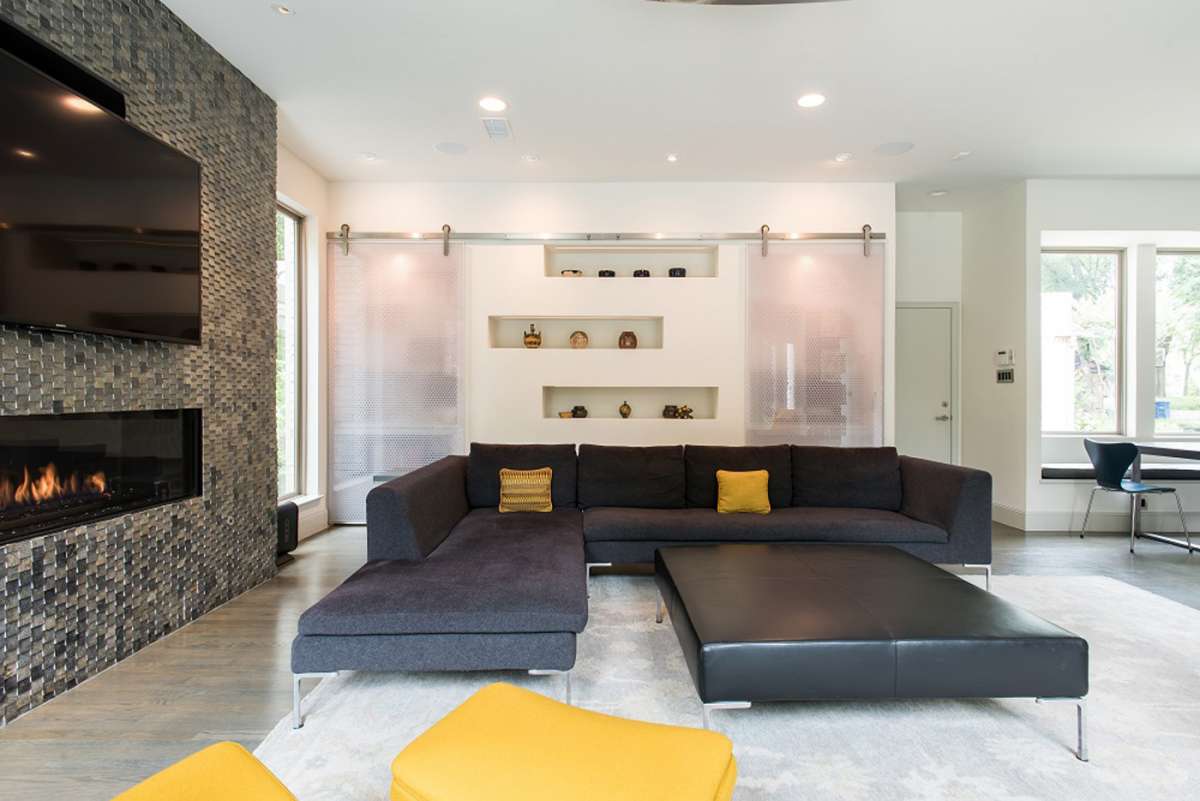It’s the question everyone wants the answer to: How much is this going to cost? How do I know I am getting the right bid?
However, the answer isn’t nearly as simple as the question. Lesson one: anyone who gives you an exact price up front may not be trustworthy. Why? Well, say you tell your prospective contractor you want to gut and remodel your kitchen. He says, great, that’ll be $15,000, let’s start next week. Sounds like a deal, right? But, consider this: does this number include allowances, like appliances, counter tops, and decorative light fixtures? Does this $15,000 include new cabinetry, or is he expecting you to go elsewhere for that? Is this a fixed cost bid or is it cost plus? Has he considered the fee for permitting the job?
There are so many questions that need to be answered based on this simple, seemingly straightforward number. Below are a couple things that we believe are necessary to have before you accept a prospective contractor’s bid:
- A detailed scope of work. This will allow you to clearly see what is included in the price that you receive. A written scope of work or a set of specifications will answer all of the example questions I listed above. If you’re left wondering “but are they going to do ______?”, you probably don’t have a very detailed scope.
- A fixed-cost bid. Most people understand what this means, but as a quick refresher: fixed-cost means that the price you see is the price you pay. Cost-plus, AKA a homeowner’s worst nightmare, means the price you see is the base price, and more than likely, it will be less than what you ultimately end up shelling out. The important difference here is that cost-plus takes all responsibility out of the builder’s hands. Say the project was bid for $25,000 cost-plus, and ends up costing $75,000. Not only can the contractor throw up his hands and go, “whoops!”, but the homeowner still has the responsibility to pay the extra 50 grand.
- A detailed contract. I know, I know, contracts aren’t fun. They’re long and wordy and sometimes don’t seem to make a lot of sense. But if you’re planning on remodeling or building, a contract is a must. Make sure it details how your builder will handle change orders, draw schedules, and warranty. If you’re not sure about certain clauses, ask your prospective remodeler! Now, if they don’t know how to clarify your contract, you may have a problem.
- No deposit needed. Some contractors are staunch believers in charging a deposit and, typically, this is no big deal. Your contractor might use this deposit to purchase big-ticket items, like appliances or window packages. But, if your contractor is asking for some random amount of money out of the blue with no explanation as to why they need it, I would raise an eyebrow. I’ve heard of too many horror stories where unsuspecting homeowners will pay thousands of dollars up front, only to have the person they gave the money to completely vanish.
In short, a good rule of thumb when it comes to getting a good bid is the more detail, the better. A bid that leaves you with question marks and confusion is probably not the right bid for you. I know that the mentally and financially easier method is to put on rose-colored glasses and hire the lowest bidder straight off the bat, but asking the important questions about scope and what the bid includes is crucial for long-term happiness.
Next up: Part 2: The Importance of Schedules


